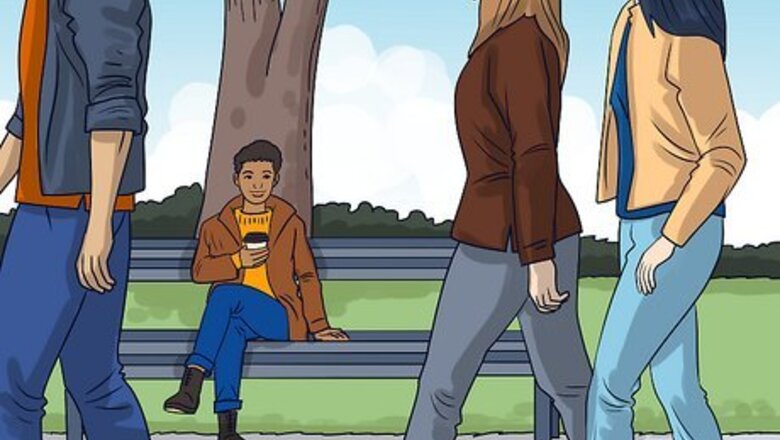
views
Spend time in public.
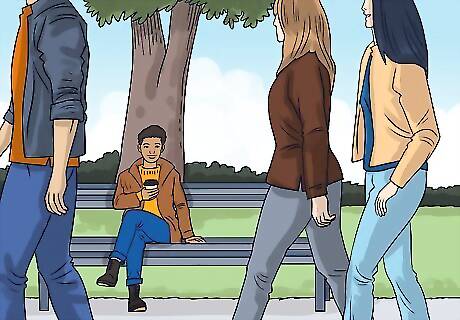
Being among other people may help you feel less alone. It’s easy to sit at home and let the day pass you by, but remaining in the same environment may make the loneliness get worse. So, try getting outside and doing things in public. Even if you’re not with anyone, you may feel less alone simply by surrounding yourself with other people. For example, you could: Work in a cafe for the day Go shopping (or window shopping) Sit on a park bench and do some people-watching Go for a walk through a neighborhood or hiking trail Bring a snack and a book to your favorite picnic spot
Make small talk.
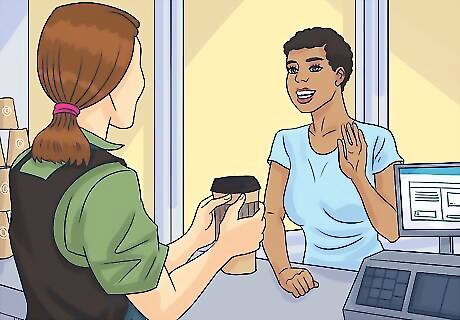
Take a little time to chat with people, from strangers to friends. Do you sometimes feel like reaching out to people is too awkward? That might actually be holding you back—and a little small talk can help you feel like you had a chance to engage with people. Make small talk when you feel lonely to get more comfortable in social situations! For example, you could make a point to ask your barista or cashier how their day is going. If you don’t want to talk to a stranger, just text a friend to say, “What’s up?”
Join clubs or groups of like-minded people.

Meeting people with similar interests can help you feel like you belong. Think about what your favorite movies or books are or which hobbies you enjoy. There are groups for any interest! The easiest place to find them is the internet; search online for local groups or meetups you might want to join—or join forums to socialize in the comfort of home. “You could take a class,” suggests clinical psychologist Chloe Carmichael. Or, “You could start joining some Meetup.org [events], [they're] everywhere.” You might need to get out of your comfort zone a little, but that’s good! Think of it as a challenge—and if you don’t like it, you can opt out.
Reach out to a loved one.

Share your feelings with someone you trust. Though it can be hard if you usually crave independence, it’s important to depend on others too. If you're feeling lonely, reach out to a relative or friend you trust, even if they're a thousand miles or more away. A simple phone call can lift your mood. “Make a list of 10 people in your life that you see erratically and could call if you were lonely,” suggests Carmichael. “Ask yourself, why am I not calling these people right now if I’m lonely?” Your loved ones might not even know you’re having a hard time—and might appreciate the chance to help you through it. You don’t have to tell them everything; just share what feels comfortable to you!
Find a team or fitness group to make friends while exercising.
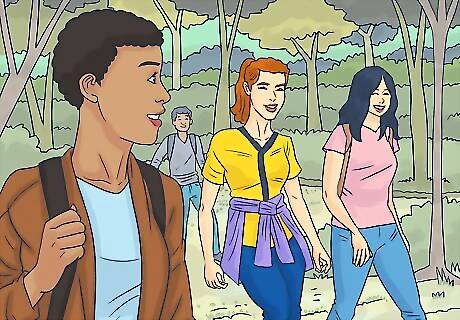
Exercise keeps you healthy and can help you meet new people. It’s okay if you’re not a sports pro; there are plenty of exercise groups and social sports leagues designed to attract beginners. Do some research online and find an exercise group that appeals to you! For example, you might join a local hiking group if you’re a fan of the great outdoors. If you’ve always wanted to play softball but never have, you might join a local beginners’ softball league. No matter what you choose, exercise and sports can facilitate easy, low-pressure connections with other people.
Say “yes” to every opportunity.
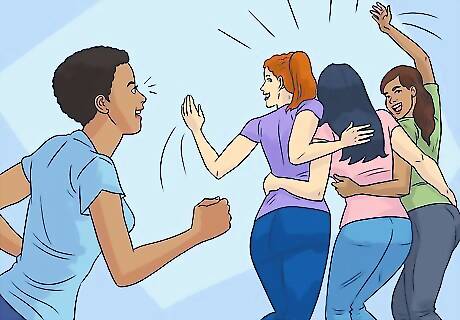
Get in the habit of agreeing to any activity you’re invited to join. Sometimes, feeling super lonely makes you turn down invitations to hang out. You might think, “I wouldn’t enjoy doing that anyway,” or “They don’t actually want me there, they’re just being nice.” However, that’s just your loneliness speaking—so make an effort to say “Yes” instead. You might even find that you enjoy yourself more than you thought you would—and you’ll feel less lonely, too.
Do volunteer work.
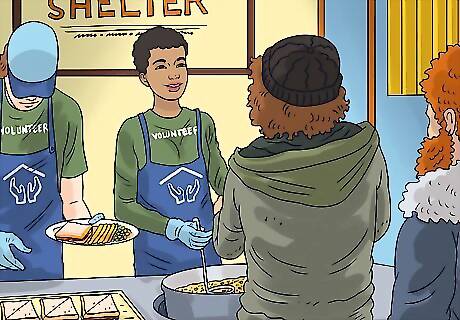
Connect with your community by volunteering for a local charity. Social research suggests a connection between self-focus and loneliness—so try extending your focus to other people by volunteering. The more you think about other people and their needs, the better you may feel. For example, you could volunteer at a hospital, soup kitchen, or homeless shelter. Remember, everyone is fighting a battle of some kind, but you could be the one to help someone else through theirs. You could even look for ways to help others who may be lonely—like volunteering with the elderly at a nursing home.
Hang out with a pet.
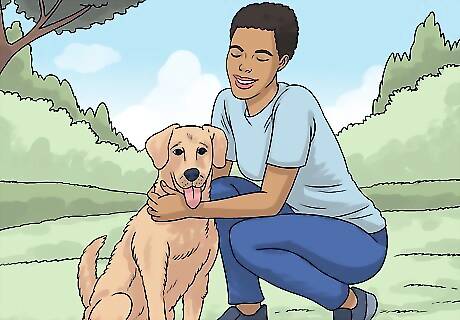
Animals can relieve stress, depression, and feelings of loneliness. People need connection so much that they've been breeding furry companions for over 30,000 years! Pets can make terrific companions. Just make sure you maintain a few human connections, too, so you have others to talk to and lean on in trying times. Consider going to your local humane society or shelter and rescuing a pet that needs a good home. Research shows that, aside from companionship, pets can improve your psychological well-being and even help you live longer. If you can’t get a pet yourself, ask a friend if you can watch theirs for a day or volunteer at an animal shelter.
Scroll through your phone contacts.

Look at your contacts and texts to remind yourself that you’re not alone. When you’re feeling lonely, you might tell yourself nobody cares—but that’s probably not true. Swipe through your phone’s contacts and saved text messages for a reassuring reminder that, when you’re ready, there are people you can reach out to. However, consider stepping away from social media. Some people find social media helpful—but seeing highlight reels of everyone’s gatherings and adventures can make you feel more lonely.
Connect with friends on a deeper level.

Make interactions with friends more meaningful to feel less lonely. If you’re feeling lonely, it might be because all your interactions with friends are surface-level. Spending time around people isn’t always enough; you might be craving the company of someone specific or a deeper connection with your friends. Try doing things like: Sharing your emotions and experiences with friends you trust can help you feel supported. Asking your friends questions and actively listening to their responses helps deepen your connection. Discuss things that are important to you, like passions, mutual interests, and creative projects.
Get busy with solo activities.
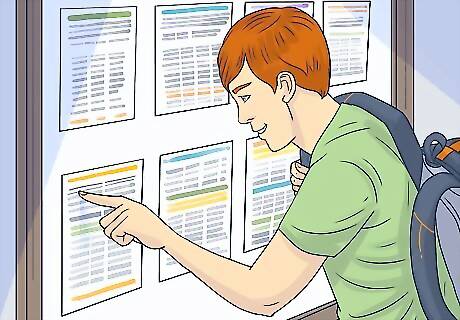
Learning to enjoy “alone” time by choice may help you feel less lonely. Do things to consume your time and help you get out of your head! When your schedule is full of activities, you won't have the time to dwell on the fact that you’re lonely. Join a book club, take a class at your local community college, or tackle DIY projects! What hobbies do you enjoy? What are you naturally good at? What have you always wanted to do that you've never gotten around to doing? Take this opportunity to follow your whims and do whatever hobby you feel like trying.
Fill your home with sound.

Music, podcasts, and background noise may ease your loneliness. While noise won’t necessarily get rid of loneliness altogether, it’s a great distraction when you’re having a bad day. Try putting together a playlist of your favorite songs to boost your mood or listening to a podcast or audiobook to distract yourself. You might also put on a favorite movie or TV show to break up the silence. If all else fails, open up a window to listen to the sounds outside. It may help you feel more connected to the world!
Accept your feelings.

Denying that you feel lonely may actually make you feel worse. While it might feel counterproductive to sit down and let yourself feel lonely, accepting your feelings can help you start feeling better. Acknowledge that you feel lonely, and then validate that emotion. In time, the loneliness may not feel so bad. For example, you might say, “I feel lonely, and that’s okay. Everyone feels lonely sometimes, but it passes.”
Ask yourself why you’re lonely.

Knowing why you’re lonely can help you figure out how to fix it. “I would always want to think about the circumstances first,” explains psychologist Dr. Chloe Carmichael. “How long has this been happening? What do you think is contributing to that loneliness?” Then, try tracking your feelings in a journal to figure out when they appear and what they look like. For example, you might be suffering from more social loneliness or emotional loneliness. Social loneliness means you may lack a solid social network. Emotional loneliness means you may lack strong emotional connections with people. Say you’ve moved to a new city and have friends at work but feel lonely at night. You might be emotionally lonely and looking for a strong, stable connection!
Express your feelings through art.

Try hobbies like drawing and music to improve your mental health. Did you know that creativity can improve your mental health? Find a creative activity that you’re passionate about (whether it’s painting, poetry, or creative writing) and use it to express yourself whenever you’re feeling lonely. Being creative also helps you enter a “flow state,” which basically means being in the zone. When you enter this state and focus fully on the project in front of you, you’re not thinking about loneliness at all.
Think positively and reframe negative thoughts.

Boost your confidence by reminding yourself how cool you are. Negative thinking can lead to a negative reality. If you walk into a party thinking no one will like you and you won't have fun, you’re more likely to end up making zero connections and not having fun. On the contrary, by thinking positively about yourself, positive things can happen. Pay attention to the thoughts going through your head. If a thought is negative, reword it with a positive spin. For example, "No one at work understands me," could become "I haven't made a connection at work...yet." Avoid saying anything to yourself that you wouldn’t say to a friend. If you wouldn’t call your friend a loser, don’t say it to yourself either!
Practice gratitude.

List things you’re grateful for to get in a more positive mindset. Gratitude can help remind you that there’s plenty to be happy about even when you’re lonely—so try writing down a few things you’re grateful for each day or recalling a couple of positive memories. And, if you feel grateful for someone, tell them! Practicing gratitude can even improve your mental and physical health (as well as reduce loneliness).
Challenge your negative assumptions.
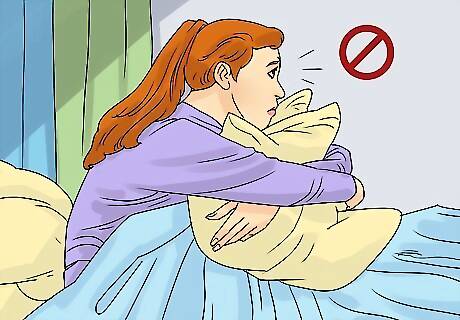
Remember that your perception of yourself isn’t what others see. You might feel like you come off as awkward or weird to other people—but that’s not necessarily the truth. It might just be social anxiety or insecurity speaking! Challenge those thoughts by reminding yourself of times when you didn’t feel lonely or when someone reached out to you and made a connection. Stop thinking in terms of black and white, too. All-or-none terms like "I am lonely now, so I will always be lonely" can hinder your progress. Loneliness isn’t permanent. It’s just a feeling, and feelings come and go. Proverbially speaking: "This, too, shall pass." Ultimately, you decide what to make of your situation. Take this as an opportunity to better understand yourself and grow!
Reframe your perception of loneliness.

Consider your social needs and what “loneliness” means to you. Loneliness and being alone aren't the same thing, just as loneliness for an extrovert and loneliness for an introvert are two different things. Think about what the opposite of loneliness would look like for you, and remember that it looks different for each person. For example, introverted people might only want a close relationship with one or two people and more solitude in their everyday lives. Extroverted people might need to be around groups of friends to feel like their social meter is adequately filled each day.
Take care of yourself.

Do things that feel good and bring comfort to you. “I would also recommend having a really good self-care plan,” says Donna Novak, an expert psychologist. “So outside of actually being connected to people…you want to be able to keep up with the habits that were helping you.” This includes exercise, eating a healthy diet, and getting 7 to 9 hours of sleep each night! Beyond practical self-care, take some precious time and spend it nurturing your passions. It might be [Meditate|meditation]], singing, or even reading European literature—but whatever makes you feel good, go for it!
Remind yourself that you’re not alone.
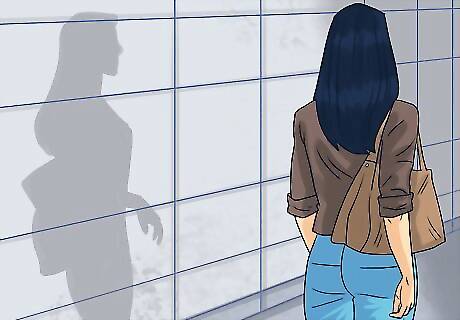
It can help to remember other people feel lonely sometimes too. According to a Meta-Gallup survey, nearly 1 in every 4 people describes themselves as having nobody to talk to about personal matters. This means that, if you’re feeling lonely and like you have nobody to turn to, you’re absolutely not alone. Roughly 25% of the world feels the same!
Get professional help if you need it.
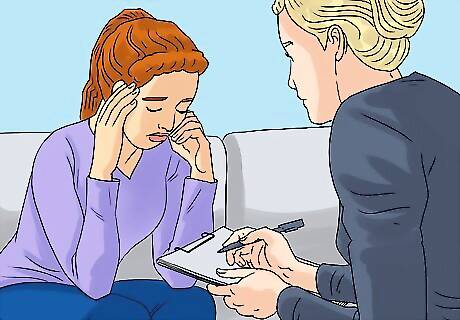
Find a psychologist or therapist who can give you emotional support. “Therapy, I honestly think, is a good option for someone who's lonely,” says Carmichael. If you feel like the entire world just doesn't get you and you can't seem to see any gray area in your black-and-white thinking, you may benefit from seeing a therapist or counselor. Persistent feelings of loneliness can sometimes be an indicator of depression. Consider seeing a mental health professional for a proper evaluation to help you recognize signs of depression and treat it. Talking to someone about your situation can give you perspective on what's normal and what's not and what you can do to feel more social.













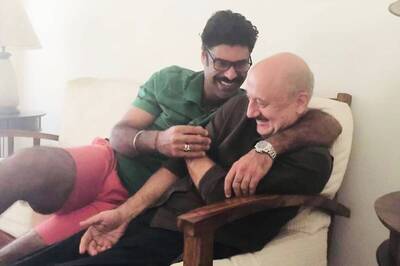






Comments
0 comment